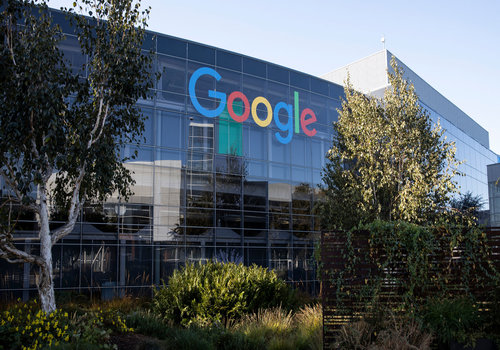The South Korean government is considering collaborating with Google to operate an AI developer training program for developers and university students in the IT sector.
The Ministry of Science and ICT is to release details of its plan next month to adopt Google’s AI and machine learning boot camp as an official development project for digital talent.
Google’s aim to achieve an open ecosystem for AI development is considered as one of the main reasons Korea chose Google over OpenAI, which relies on a closed AI development ecosystem in alliance with Microsoft.
Last week, Google made available its generative AI support in Vertex AI, the company’s machine learning platform, to a wider audience. The Vertex AI enable developers to generate and classify text, create multi-turn chat experiences akin to ChatGPT, and leverage a text embedding API for tasks like semantic search and recommendation engines. Previously, many of these advanced capabilities were open to trusted testers only.
In Korea, some 2,700 people from over 30 universities are currently participating in Google’s training programs after their release in the country in 2019.
Google currently provides the Google Career Certificates(GCC) online education courses and job fairs for beginners that have no job experience or IT-related degree, at around 1,900 universities in more than 100 countries. The U.S. tech giant also runs the Google Developer Student Clubs support program for university students worldwide, designed to help build careers for aspiring developers.
Within six months of finishing the GCC program, seven out of ten alumni have stated the program had a favorable effect on their career, such as getting a raise or promotion.
Leaning toward overseas AI open ecosystems, Korea has taken into account the slow progress of local tech giants in releasing their own generative AI models amid a gold rush for AI tech development. Korea’s biggest portal Naver has delayed its release of the HyperClova X by a month to the end of August. Kakao Brain, the local platform giant’s AI-specialized subsidiary, is also planning to release its ‘KoGPT 2.0’ large language model that encompasses images and languages during the latter half of this year.
With its collaboration with Google, Korea is widely expected to support overseas AI open ecosystems as exchanges with foreign AI entities have drastically increased. Earlier this year, IBM, a multinational tech company, via its Korean branch announced that it had successfully completed the transition of its business structure that places emphasis on AI and hybrid cloud computing from its previous hardware focus. Also, delegates from Saudi Arabia’s AI Authority visited Korea to exchange knowledge and expertise in AI related fields.
In February, Korea’s ICT ministry announced a total of 44.5 billion won (US$ 34.7 million) investments into data centers by 2025 to facilitate the integration of AI capabilities of regional universities, businesses and research institutions.


